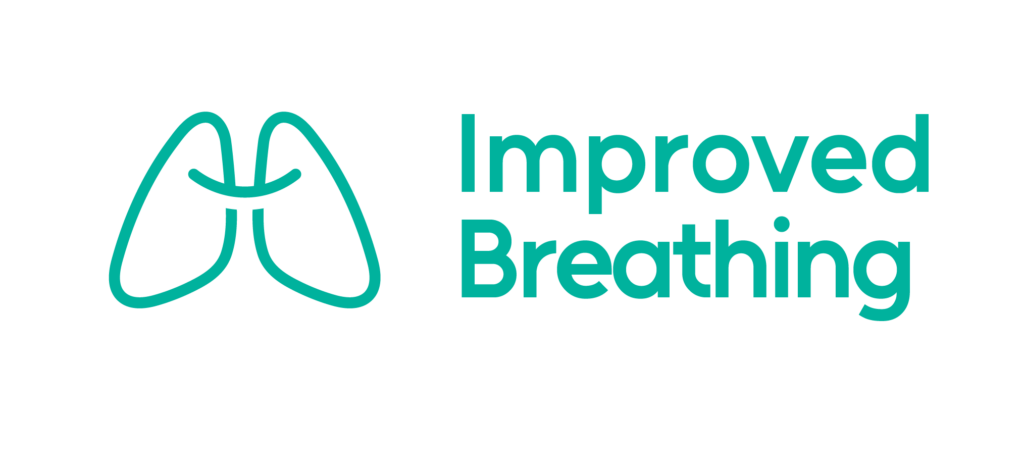Living with a long-term lung condition such as Chronic Obstructive Pulmonary Disease (COPD) or emphysema can be challenging, but there are many ways to improve your quality of life and potentially extend your life expectancy. This blog post will explore various strategies and lifestyle changes that can help you manage your condition more effectively and lead a healthier, longer life.
1. Quit Smoking
If you’re still smoking, the single most important step you can take to improve your life expectancy is to quit. Smoking is the leading cause of COPD and continues to damage your lungs even after diagnosis. Quitting can slow the progression of your disease and improve your overall health.
- Seek support from your healthcare provider for smoking cessation programs
- Consider nicotine replacement therapy or medications to help you quit
- Join support groups or counseling sessions to stay motivated
2. Follow Your Treatment Plan
Adhering to your prescribed treatment plan is crucial for managing your lung condition effectively:
- Take medications as prescribed, including inhalers and oral medications
- Attend all scheduled check-ups with your healthcare provider
- Participate in pulmonary rehabilitation programs if recommended
3. Stay Active with Regular Exercise
Regular physical activity can strengthen your respiratory muscles, improve your endurance, and boost your overall health:
- Engage in low-impact exercises like walking, swimming, or cycling
- Try breathing exercises to improve lung function
- Consider joining a supervised exercise program designed for people with lung conditions
4. Maintain a Healthy Diet
A nutritious diet can help manage symptoms and improve overall health:
- Eat a balanced diet rich in fruits, vegetables, whole grains, and lean proteins
- Stay hydrated by drinking plenty of water
- Maintain a healthy weight to reduce strain on your lungs
5. Protect Yourself from Infections
Respiratory infections can be particularly dangerous for people with long-term lung conditions:
- Get vaccinated against flu and pneumonia
- Practice good hand hygiene
- Avoid crowds during peak cold and flu seasons
6. Manage Stress and Mental Health
Chronic lung conditions can take a toll on your mental health. Managing stress and maintaining a positive outlook can improve your overall well-being:
- Practice relaxation techniques like meditation or deep breathing exercises
- Seek support from friends, family, or support groups
- Consider professional counseling if you’re struggling with anxiety or depression
7. Create a Healthy Home Environment
Reducing exposure to irritants in your home can help manage symptoms:
- Use air purifiers to remove allergens and pollutants
- Keep your home clean and free of dust
- Avoid strong chemicals and fragrances that may trigger symptoms
8. Oxygen Therapy
For some individuals, supplemental oxygen can improve quality of life and potentially extend life expectancy:
- Follow your doctor’s recommendations for oxygen use
- Learn how to use and maintain your oxygen equipment properly
- Always have a backup supply of oxygen available
9. Stay Informed and Empowered
Knowledge is power when it comes to managing your condition:
- Educate yourself about your specific lung condition
- Stay up-to-date on new treatments and management strategies
- Actively participate in decisions about your care
10. Plan for Exacerbations
Having a plan in place for managing flare-ups can help prevent hospitalizations and complications:
- Work with your healthcare provider to create an action plan
- Know the signs of an exacerbation and when to seek medical help
- Keep emergency medications on hand as prescribed by your doctor
Final Words
Living with a long-term lung condition requires dedication and a proactive approach to health management. By implementing these tips and working closely with your healthcare team, you can improve your quality of life and potentially extend your life expectancy. Remember, every small positive change can make a significant difference in your overall health and well-being. Stay committed to your health journey, and don’t hesitate to seek support when needed.














